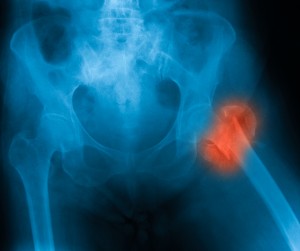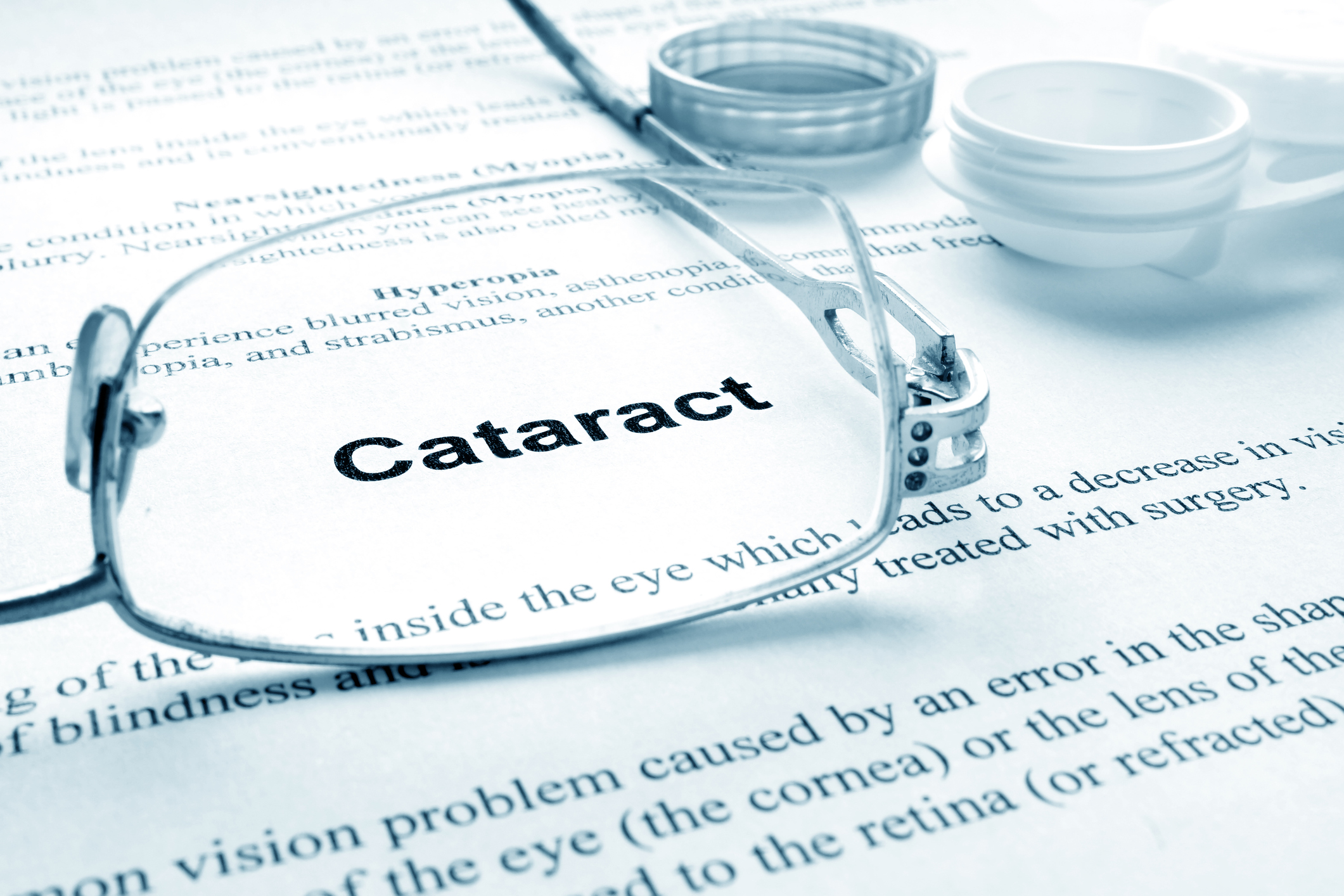Hearing loss risk increases with earbud usage, listening to loud sounds with earbuds on
Doctors worry that the steady onslaught of booming music, especially through earbuds, can damage the hearing of a generation wired for sound. However, the affected will not realize it right away – not until hearing loss takes over years later. Thanks to the smartphone revolution that has taken the entire world by storm, more than ...click here to read more














